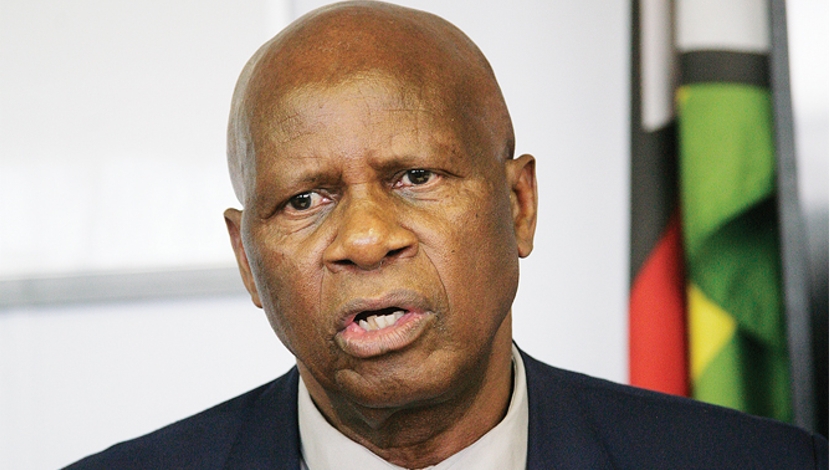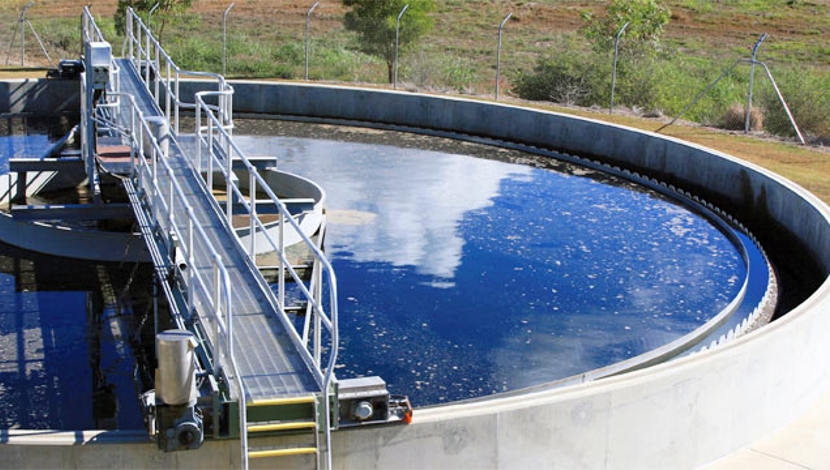

The Independent Development Trust (IDT) has committed to spending R5-billion during the 2017/18 financial year on development of social infrastructure and the Expanded Public Works Programme (EPWP): Non-State Sector and create a total of more than 57 000 jobs.
This was outlined in the organisation’s annual performance plan presented to Parliament on Tuesday setting the tone on how the organisation will do its work during the 2017/18 financial year.
The plan sets targets which the organisation aims to achieve this year including the creation of 7 500 programme work opportunities and 50 000 Expanded Public Works Programme non-state sector jobs.
Of the R5-billion that the IDT aims to spend during the year on delivery of social infrastructure for the government, 20% would be spent on women and 15% on the youth.
The plan incorporates the work being done to restructure, reconfigure and reposition the organisation as a premier social infrastructure programme delivery management entity for the government.
According to CEO of the IDT, Coceko Pakade, consultation with all stakeholders is critical to obtain “a buy-in from communities, to enable them to own the projects”, as well as to make them understand what their respective roles are to deliver on those projects.
Broadly, the plan commits the IDT to two strategic objectives during the 2017/18 financial year on which it will be measured, i.e. to: – Deliver quality social infrastructure on time, within budget and scope. – Be a financially viable, compliant, results based, efficient and focused organisation.
The plan was positively received by the committee, with the acting chairperson, Honourable Mr Freddie Adams commending the IDT management for the projects that the organisation has completed during the previous year.
In the past five years the IDT supported 40 government departments – including building 97 new schools and 36 new health facilities while renovating hundreds more – and created over 360 000 work opportunities through its implementation of social infrastructure programmes.




